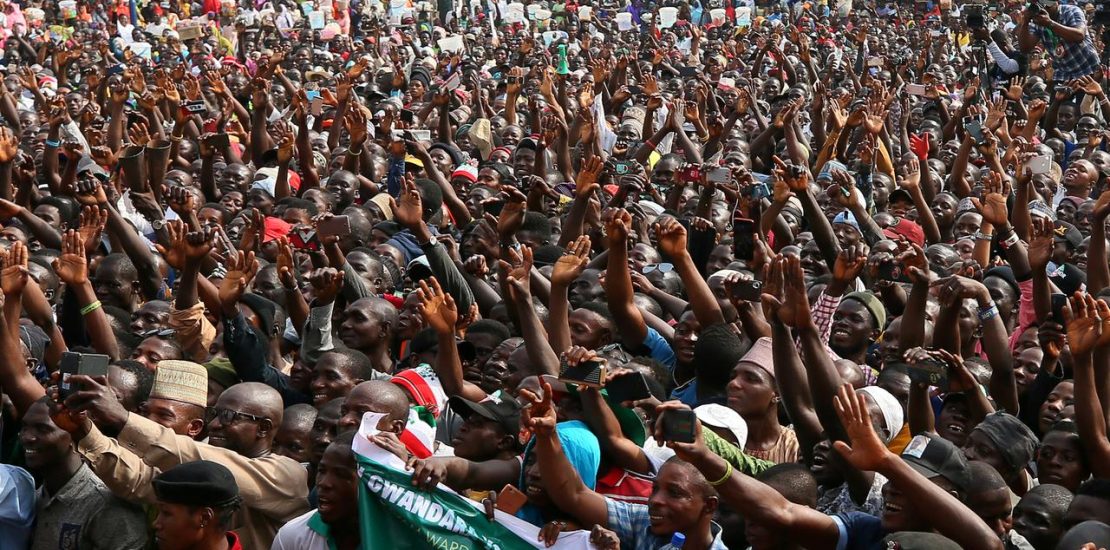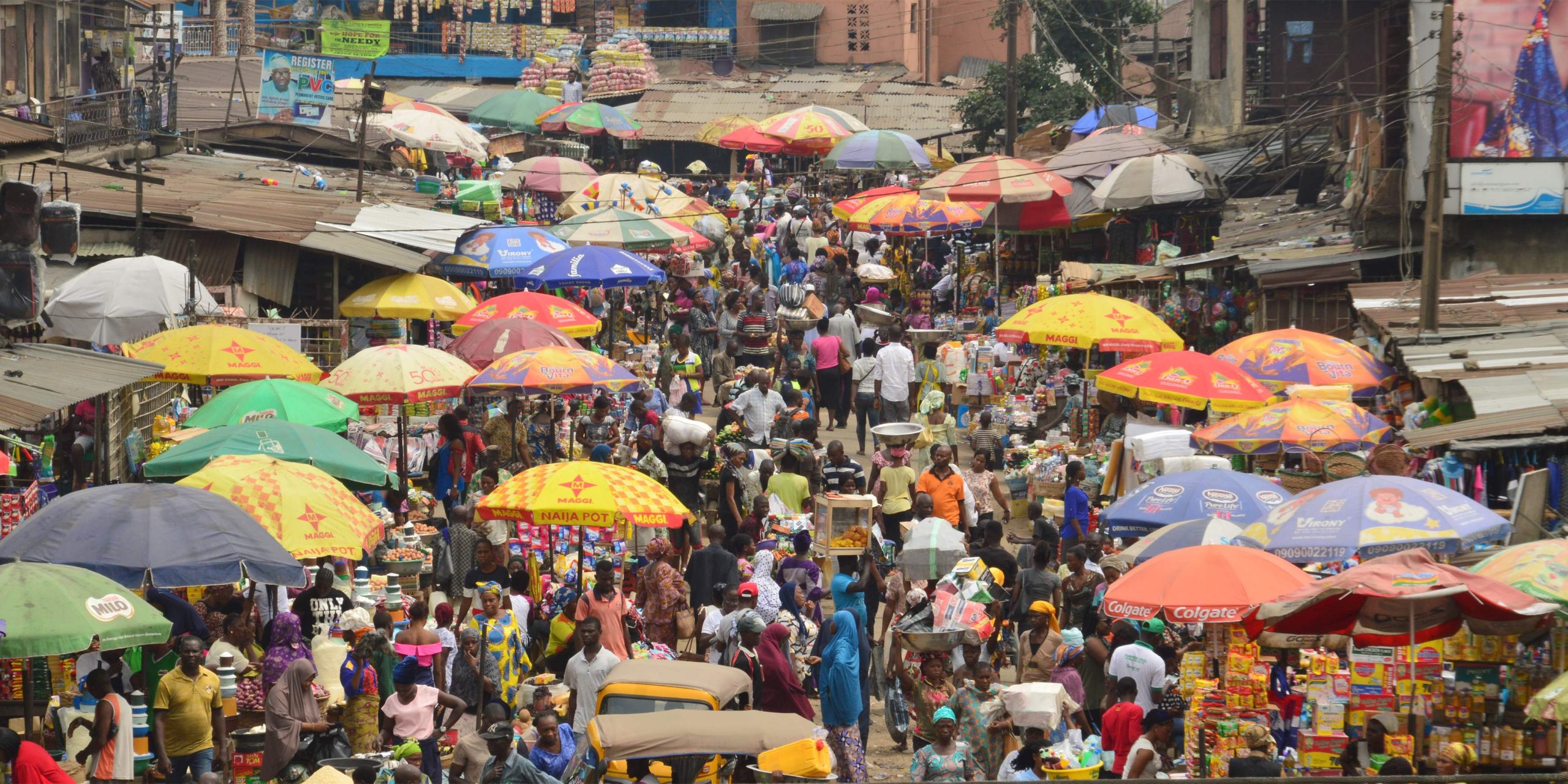Engaging Nigeria’s Youth for a Better Urban Future
- October 7, 2024
- Posted by: Hub Admin
- Categories: Climatic Justice, Environmental Protection, Latest News & Events

By Pamela Udejimba
Nigeria’s urban areas, particularly cities like Lagos, Abuja, and Port Harcourt, are expanding rapidly, but this growth is often accompanied by challenges like inadequate housing, poor infrastructure, and environmental issues.
Many young people in Nigeria’s urban areas experience challenges that urban planning is supposed to address such as unemployment, inadequate access to affordable housing, and environmental hazards like pollution and flooding.
The youths make up a significant percentage of Nigeria’s population. This makes them a critical demographic group in the country’s social, economic, and political landscape and further underscores the urgency of involving them in urban planning.
However, despite their population and potential to bring fresh perspectives and innovative solutions, they are largely excluded from urban governance and planning processes, which leaves gaps in addressing the needs of a growing youth population.

World Habitat Day 2024 presents an opportunity for Nigeria to rethink its approach to urban development by prioritising youth participation. The energy, creativity, and resilience of young Nigerians are vital to developing cities that are not only sustainable but also equitable and inclusive.
It is also important to note that existing urban challenges such as housing challenges, an increase in the number of slums, and poor waste management in Nigeria require innovative solutions that youths can help develop. Young architects, engineers, and urban planners are already contributing to affordable housing projects, while some who work in tech are developing smart city initiatives to enhance infrastructure and service delivery. However, these efforts need more support from the government, private sector, and international partners to scale and succeed.
Therefore, the Nigerian government and development partners must create platforms for youth engagement in urban decision-making processes. Youth-inclusive urban planning, youth leadership programmes, and mentorship opportunities can empower young Nigerians to drive the country toward achieving its Sustainable Development Goals (SDGs), particularly in addressing urban poverty, inequality, and climate resilience.
As we mark World Habitat Day, it’s time for Nigeria to recognise that urban areas must be prepared not just to accommodate more people, but to do so in ways that reduce inequality, improve infrastructure, and promote environmental sustainability and that young people can and should be at the heart of this transformation.
